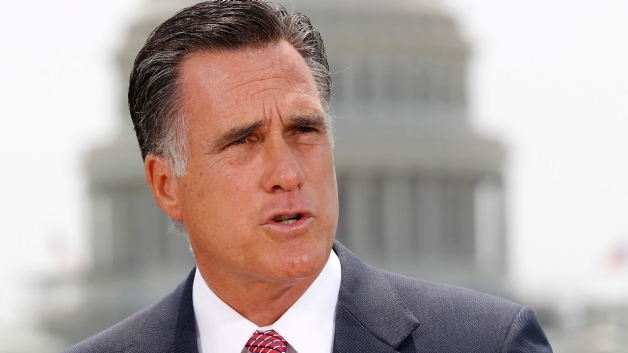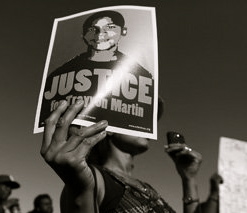
Angry and extensive coverage has characterised last week’s Chicago teachers’ strike as a series of splits: children’s interests vs. teachers’ interests; ‘reform’ vs. ‘status-quo’; elites vs. the public. Whereas a majority of Chicagoans supported the strikers, much of the media coverage has been opposed. CNN’s coverage is a good example (seeNavarrette’s eye-popping statement that unions ‘protect teachers from public demands for…a better education for our children.’) The first two of these splits fit a long-standing trope in education policy from A Nation At Risk to No Child Left Behind. It is encapsulated in Terry Moe’s recent book ‘Special Interest’ amongst many others: the reformist demand for greater charter- or voucher-based choice and accountability, and opposition to teacher unions.
But the most interesting split here is within the Democratic Party. This strike, the first Chicago teachers strike in twenty-five years, pitted Democratic Mayor Rahm Emanuel against the Chicago Teachers Union. A member of a party that is intimately connected with unions is battling a union that is overwhelmingly female, urban and substantially African American, all Democratic constituencies. Some commentators have suggested that this high-profile confrontation will damage Obama in the election; others say on the contrary that the Obama continues to work well with unions, the members of which will turn out in force to help him win re-election. What does the Chicago teachers strike mean for Obama and the Democrats as election time nears?
Fundamental intra-party disputes about school choice, teacher evaluation and accountability reforms are nothing new. Moe, who has been writing about education reform for more than two decades, argued last year that ‘The teachers unions are the raw power behind the politics of blocking [education accountability reform]. The Democrats do the blocking’.
Except that increasingly, Democrats don’t.
It was Democratic State Senator Meeks of Illinois who proposed SB2494 in 2011, a school voucher programme that failed in the House but passed the Democratic-controlled Senate 33 to 20. Here in Louisiana, Democratic State Senator Badon sponsored HB1347 to establish voucher scholarships. Democrats co-sponsored No Child Left Behind and launched Race To The Top. Meanwhile, Democrat-affiliated unions are the main voice in opposition to these programmes.
These facts should lead us to be careful ascribing too much significance to this strike for Democrat chances in November. Certainly, Democrats need union manpower and finance. Obama risks being drawn into the dispute but so far he has been careful not to say too much. Moreover Obama already enjoys the endorsement of the nation’s two leading teacher unions, the AFT and the NEA. Given that the Democratic Party has been managing these intra-party splits for at least ten years it is unlikely to affect Election 2012. If the split within the Democratic Party comes to a head it won’t be during the election but afterwards, when legislators must reauthorize No Child Left Behind and confront the questions head-on. When those debates happen it could be explosive. Democrats must make sure a split doesn’t become a schism.
Ursula Hackett is a DPhil student in Politics at Oxford University, currently undertaking fieldwork in Louisiana.
This post is part of Elections 2012, a collaborative project between the Rothermere American Institute and the Departments of Politics at Oxford and Cambridge Universities.







No Comment